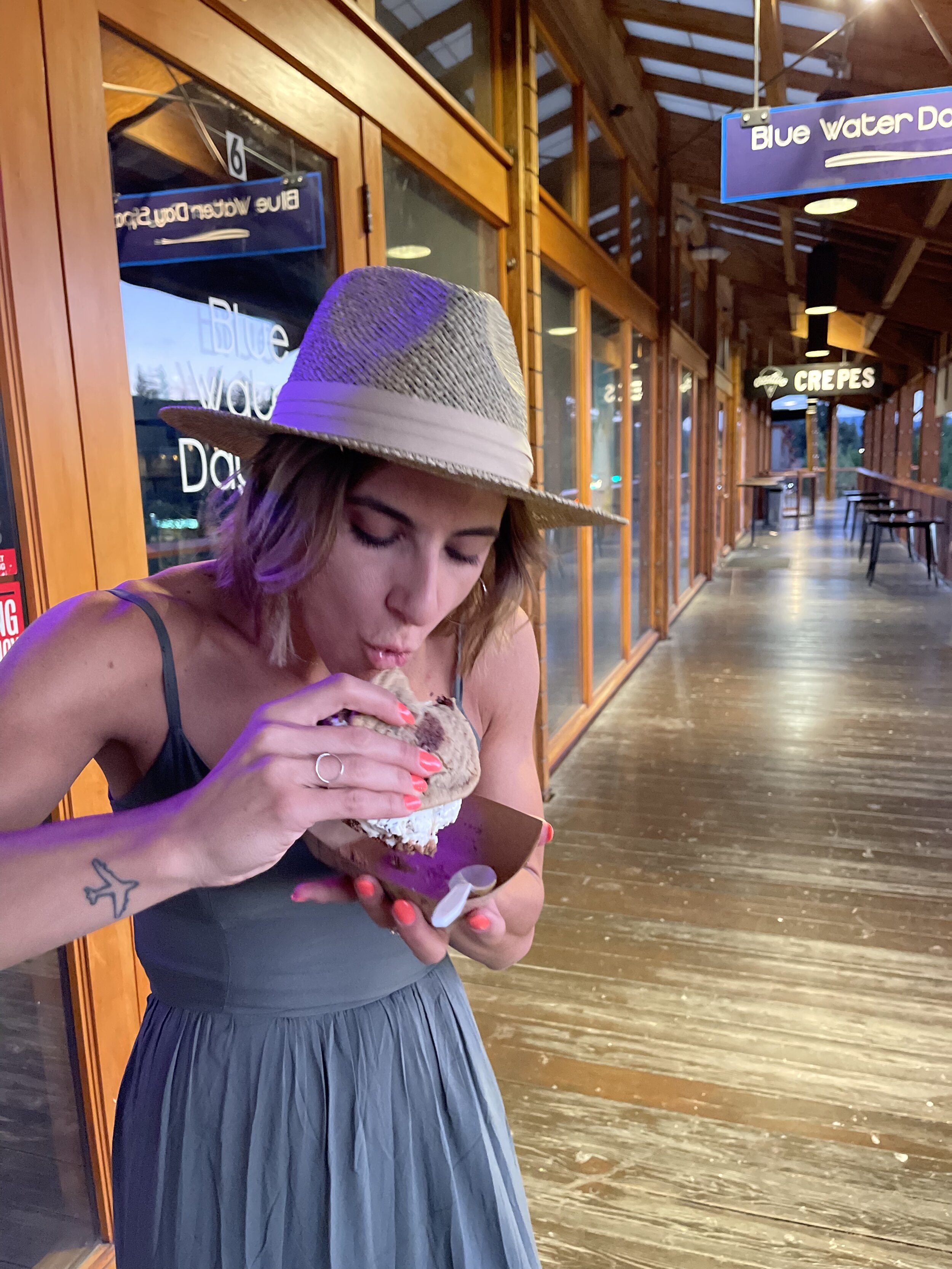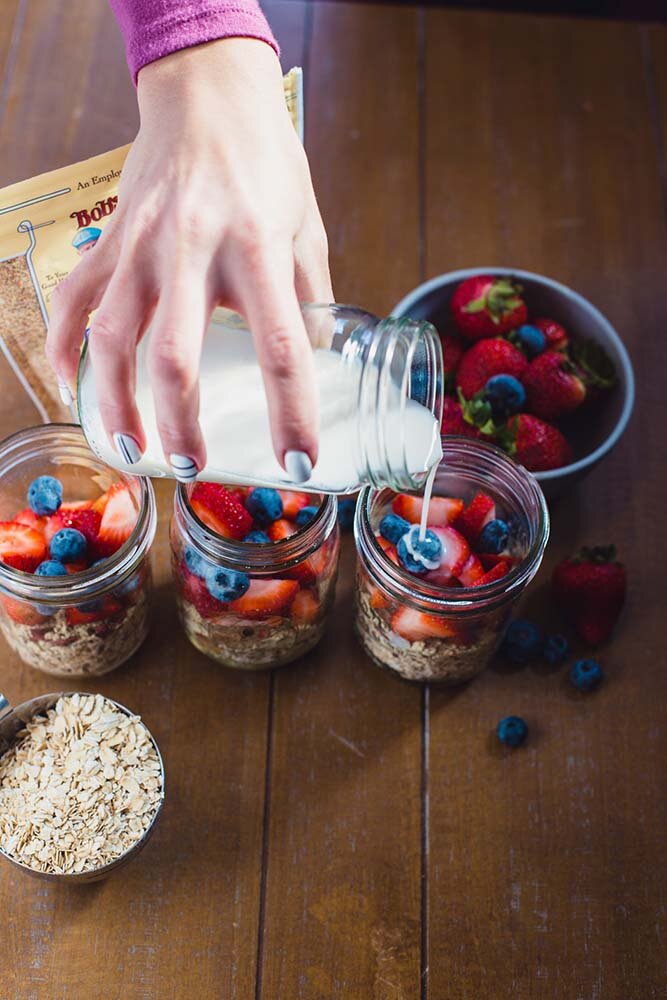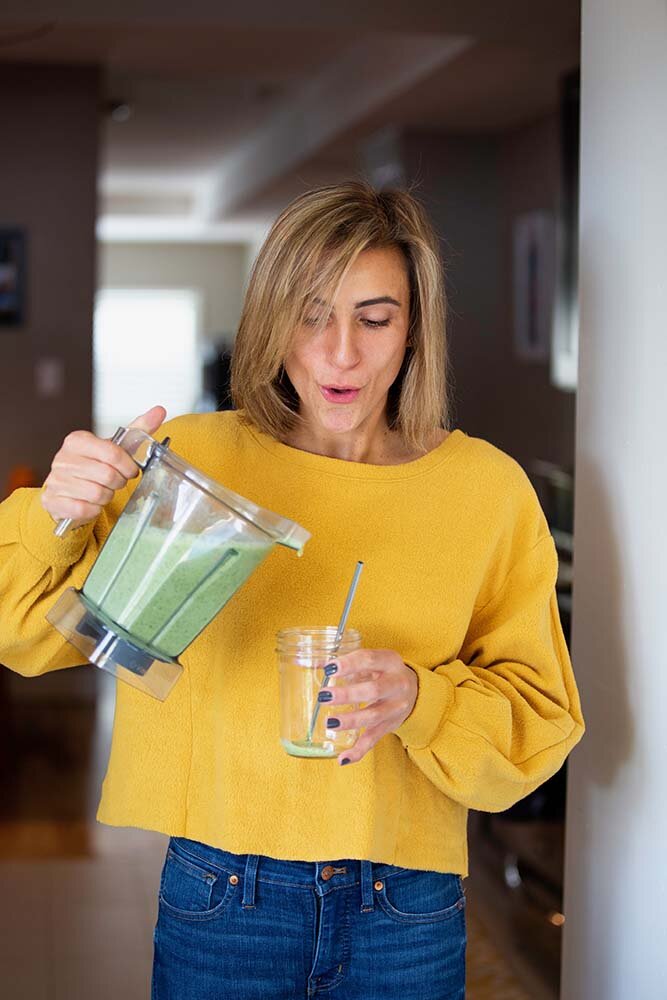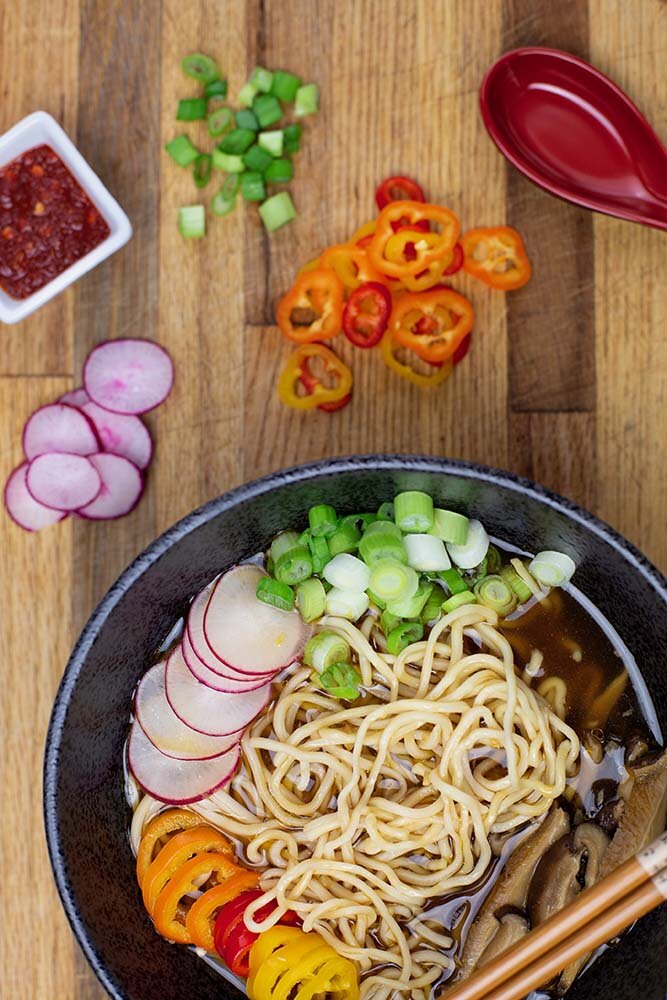Diets Don't Work
I said it.
And before you @ me with all the data in the world to support that losing weight is attainable through a diet, let me just tell you that yes, it is possible to lose weight with a diet.
But, and this is a big but, the fact of the matter is that the results don’t stick. According to the Cleveland Clinic, “Experts think as many as 80 to 95 percent of dieters gain back the weight they worked so hard to lose.”
Here’s why. Your body has a “weight set point.” Your body knows what weight it needs to be to have optimal health, and your metabolism works to maintain that number.
Think of it like this. You cannot shrink your shoe size. You cannot change the shape of your ears. You do not have control over the natural color of your hair. These are dictated by our genetic configurations, and our weight is not so different.
The more we focus on trying to change that set point with rapid weight loss tactics, the more harm we do to our bodies.
Read: being “skinny” is not an indicator of health. Like, at all.
So, how should we be eating if dieting is a detriment?
My answer: intuitively.
I wrote an “Intro to Intuitive Eating” blog back in 2018, which you can read here. And if “intuitive eating” is a completely new term for you, I’d like to borrow a definition from my dear friend Workweek Lunch: “Intuitive eating is a nutrition philosophy based on the idea that if we can be healthy when we let our bodies run the show, instead of tracking foods to attain and maintain a level of health or a specific physique that your body can never sustain. Embarking on an intuitive eating journey means creating a healthy relationship with food, your body, and mind by completely detaching oneself from the diet mentality.”
Crazy, right?!
Actually, no. People ate intuitively for thousands of years before diet culture decided to launch an attack on our bodies. But it can absolutely feel crazy if you’ve been caught in the cycle for, well, basically your whole life.
PS. You can read about “The Unbearable Weight of Diet Culture” in Good Housekeeping here. Want a fun teaser (and by “fun,” I actually mean not fun)? There are 40,500 people who search for 1,200-calorie meal plans on Google every month (even though a study in 2015 proved that this number of calories falls within the realm of clinical starvation).
I eat well over 1,200 calories for just breakfast and lunch. Every. Single. Day. Seriously.
And it hasn’t always been this way. Trussssst. I used to be the walking poster child for giving off the appearance of “healthy” while packing Nutri-Sytem meals for my college lunch (that my parents sent me) while bingeing on chocolate and peanut butter Chewy bars at night (until I literally cried).
Our bodies know what they need.
And while we often disguise diets with words like “will power,” which we then applaud, I want to let you know that there is another way.
For me, that other way was - and is - intuitive eating.
The challenge to eating intuitively is that you actually have to learn how to converse with your body (something that diets allow us to turn off as we use measuring cups and calorie counters as our sources of truth). And, just like any relationship, communication can be challenging when it’s been ignored for so many years.
Where I want to give you grace here is that the beginning stages of eating intuitively can be really messy. There is this idea attached to intuitive eating that people just eat whatever they want without gaining weight. That’s not true.
The beginning of intuitive eating may look, for you, like eating whatever you want. What needs to happen in tandem with that action is the listening.
How do you feel?
What is your body asking of you?
What matters to you about your health?
Our bodies do not actually want cookie dough for breakfast, lunch, and dinner. Because that is not what our bodies need to function optimally.
Intuitive eating is about just that: eating what your body needs (without your diet brain getting in the way).
The key is to reframe how you look at cookie dough. It is not bad. Neither is it good. It just is. Because food is neutral. Diet culture has created stigmas around foods and food groups that actually send us into a spiral of want simply because we are told that we can’t.
Let it be known that carbs are not the enemy, friends.
In fact, carbs (and fat and protein and sugars) are actually necessary for our survival.
So let’s enjoy them, amirite?!
Meal prepping is a way that I’ve actually been able to enjoy food again. It removes the complexity of constantly trying to figure out what to eat and when and where. Plus, it allows me to attend to the conversation I am constantly having with my body. I can feed it exactly what it needs to feel good and satiated and healthy.
If you’re interested in how meal prepping fits in with intuitive eating, I highly recommend this blog by Workweek Lunch.
And if you want more information about how this looks and feels in real life, I highly recommend joining The Academy. It’s a twelve-week intensive for a hand-selected group of women who are all striving to reach their health and wellness goals. We spend an entire module on nutrition with special guest experts.
As always, feel free to drop a note below.
Thanks for being here.
craving some food inspiration?
“TL Eats” gives details for 32 easy, healthy, and vegetarian recipes




